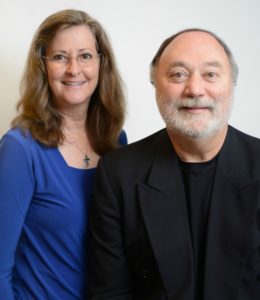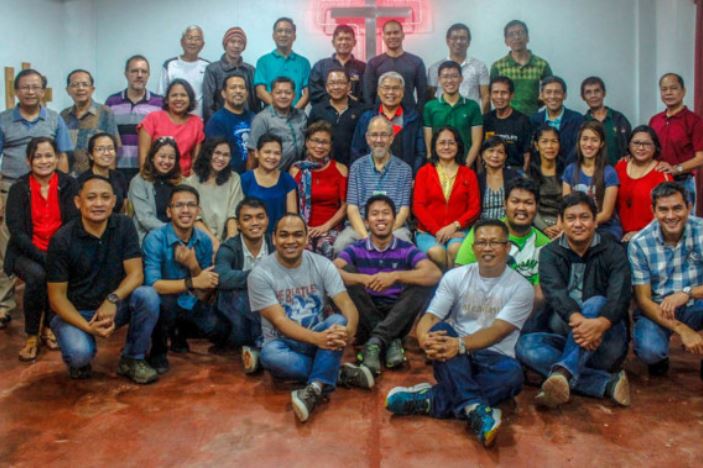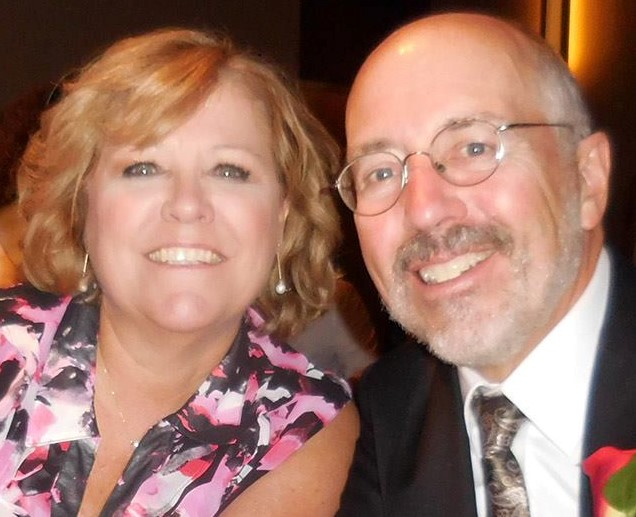Dear Brothers and Sisters,

I’m half-way convinced that I should write a book titled Transformed by Airplane Conversations. I have two reasons: First, over the years I’ve had some interesting conversations on airplanes with a variety of people, and at times the conversations have addressed the Christian faith. Second, your responses to my sharing these conversations in the past leads me to want to share some more.
Though Christianity is not always the topic of my airplane conversations, sometimes it does come up—typically when my seatmate asks what I do for a living. When I reply that I’m a Christian pastor, the conversation often quickly ends. However, sometimes it continues. Let me share one of those times with you.

As the flight was taking off, I began privately thanking God for the first class upgrade, which meant a more comfortable seat, some wine and lunch. My thoughts were interrupted when the man seated next to me introduced himself as a Jewish lawyer. Before I could reply, the flight attendant started serving lunch. First, she brought us shrimp cocktail, revealing that my seatmate was not a practicing Jew—he was eating his shrimp so fast that I decided to offer him mine. He gobbled it up right after telling me his doctor had told him to cut back on cholesterol! As we continued eating, he asked what I do for a living. I replied that I was a Christian pastor—fully expecting that he’d reply with silence, and I’d then be putting my earbuds back in to listen to an old Beatles’ album. But to my surprise, he continued the conversation, telling me that he respected me for being a Christian pastor!
As the conversation continued, we talked about our favorite foods, wine, beer and music. Then he asked me a question that seemed to come out of nowhere (though I suspect he had wanted to ask it as soon as I mentioned I was Christian). “What reasons,” he asked, “would you give me for believing that God exists?” Though I had not anticipated that question, I quickly replied, “Let me count the ways!”
Thinking that he probably was at least an agnostic, I began by noting that, from my perspective, apart from God there is no logical, philosophical or reasonable explanation for how everything exists in our universe. I continued by noting that atheism is a false religion in that it requires an irrational faith commitment to believe that life comes from non-life, and that everything popped into existence on its own by accident, without any purpose. He agreed that the creation question was huge for him. I then attempted to illustrate the nature of atheism as a religion by showing that it makes its own faith statements and has its own evangelistic ministry. I mentioned the names of atheism’s two “apostles”: Stephen Hawking and Lawrence Krauss; and its four “evangelists” (pictured below, left to right): Richard Dawkins, Sam Harris, Christopher Hitchens and Daniel Dennett.

Amidst our give-and-take, I made several points concerning atheism, noting that its belief in blind chance as the origin of an unimaginably complex universe takes as much or more faith than belief in a loving, sovereign God who created it all. I also mentioned that the atheism peddled by Dawkins and his cohorts focuses largely on what it doesn’t believe in and why it hates religion, especially Christianity. Though that approach might satisfy some people, it is not enough for me and many others who grapple with the great mysteries of life and reality.
He asked why I have concluded that atheism is inadequate as a rational worldview. I replied by noting that atheism is unable to provide a consistent explanation for the origin and order of the universe. If an atheist argues that matter is eternal, they are going against modern science, which states that the universe had a beginning and is gradually running down. If they affirm that the universe had a beginning, then they must account for what caused that beginning. Either way, atheism cannot adequately explain the universe and a world full of complex life forms. I also noted that the atheistic worldview is incapable of providing the necessary preconditions to account for the universal laws of science and logic. In short, it is unable to account for the meaningful realities that people encounter in life, especially considering the atheistic view that we have no free will and all our choices are an illusion.
I then noted that atheism cannot furnish a rational basis for determining good and evil, or the human need for absolute moral standards. If there is no God—who by definition is absolutely good—then there is no absolute standard for judging something to be good or evil. Ironically, atheism objects to the existence of God due to the presence of evil in the world, yet it is unable to account for the difference between good and evil, much less provide a solution, apart from God, to the problem of evil.
My seatmate and I had an enjoyable exchange, and he said he appreciated most of my points. He confirmed that, while he is not an atheist, neither was he following any religion. He said he was searching, and felt he had not found the right place yet. Then he got up from his seat and headed for the restroom. While there, the smoke alarm sounded. Immediately, he was interrogated as to whether he had been trying to smoke a cigarette in the restroom. The flight attendant even asked me if I had seen him holding a cigarette when he entered and exited the restroom. When he was permitted to return to his seat, I told him that I know a good Jewish lawyer if he needs one! At first he laughed, but then he asked who I was referring to. He laughed again when I replied that I was referring to Jesus Christ, though this time his laugh was somehow warmer.
As we deplaned and went our separate ways, I wondered what he had been thinking when I mentioned Jesus to him. I’ll never know, though I’m happy I had the chance to do so. On my way into the terminal, a quote from G.K. Chesterton came to mind: “If there were no God, there would be no atheists.” Something to think about.
Grateful that God has revealed himself to us and we can share that knowledge with others,
Joseph Tkach









